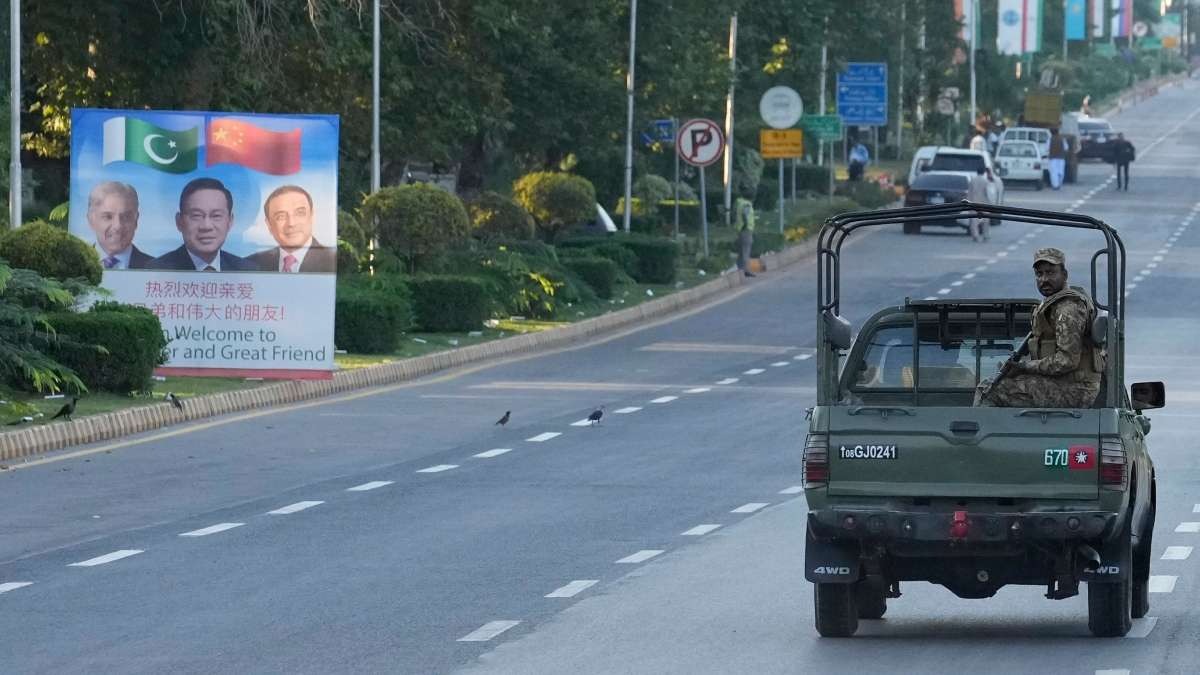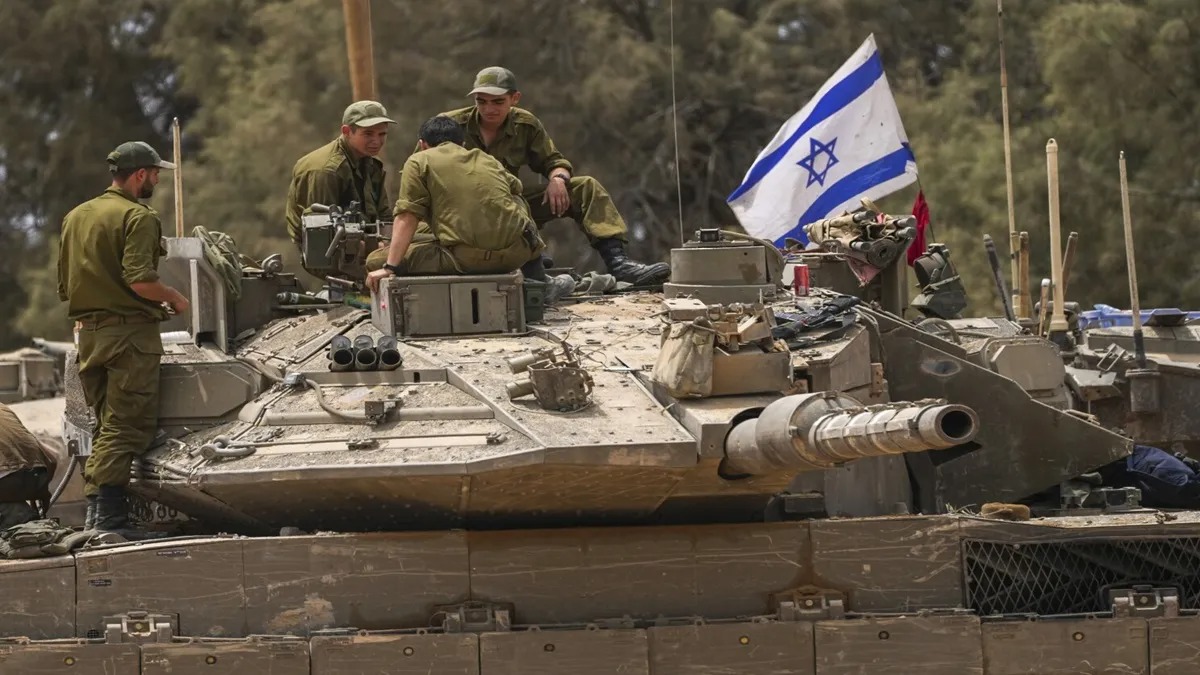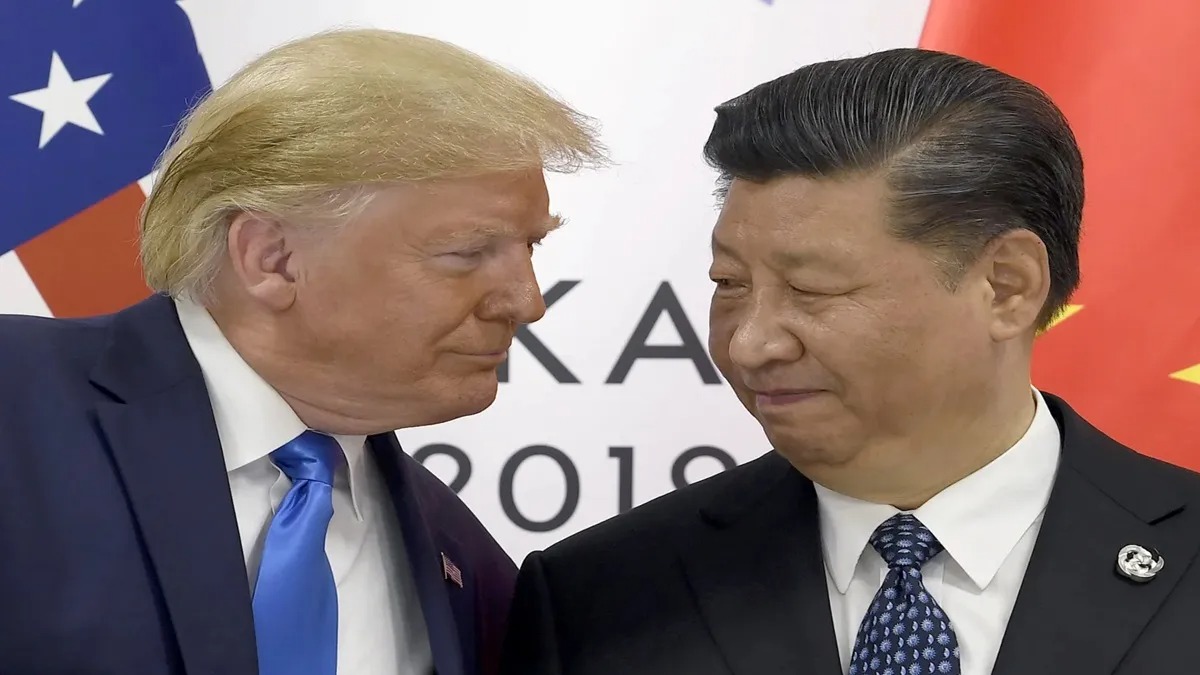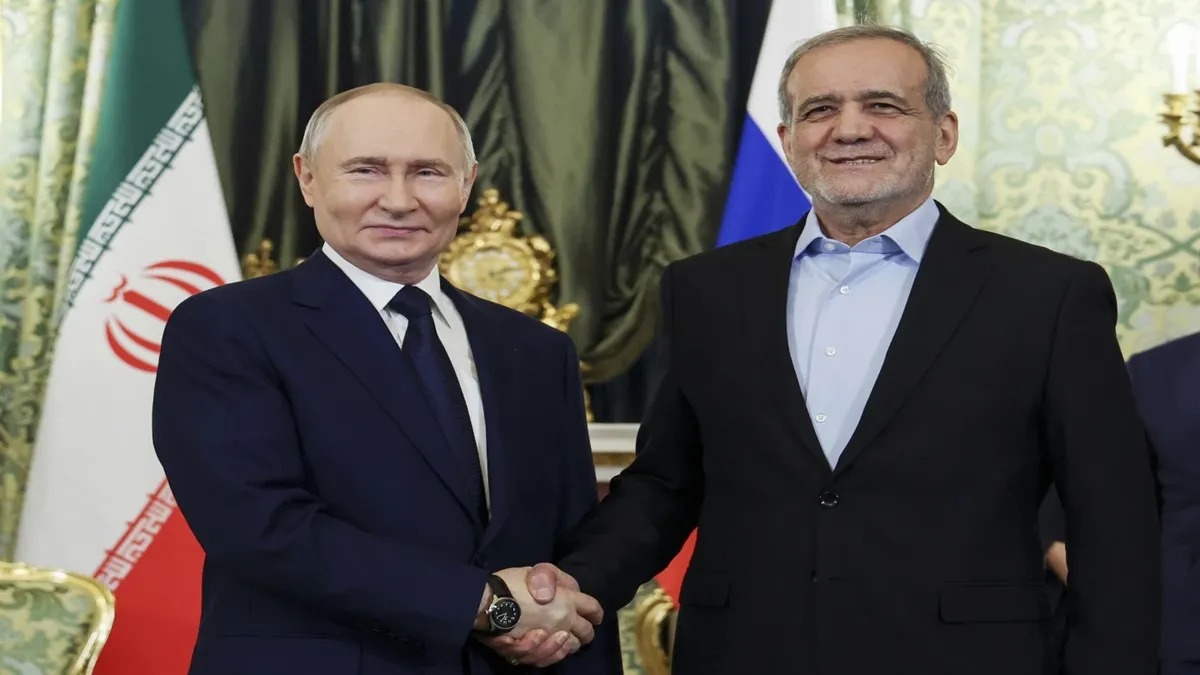
International: Amid intense political turmoil, Pakistan is set to host the high-level 23rd Shanghai Cooperation Organisation (SCO) Summit in Islamabad on Tuesday and Wednesday (October 15 and 16) in the midst of stringent security measures. A four-member delegation from India, 76 delegates from Russia and 15 representatives from China have already reached the Pakistani capital, Dawn reported citing sources.
External Affairs Minister S Jaishankar is set to attend the SCO Summit, where he will lead the Indian delegation and likely raise India's concerns related to cross-border terrorism. The minister has already clarified that there will be no discussions on India-Pakistan relations, and his visit is expected to be a short one. Jaishankar's visit to Pakistan is the first by an Indian EAM in nine years after his predecessor Sushma Swaraj in 2015.
The Pakistan government has deployed more than 10,000 police and paramilitary personnel for the security of about 900 SCO delegates coming to Islamabad. It also deployed army troops under Article 245 of the Constitution, to bolster security measures in Islamabad from October 5 to 17. The federal government has also announced a three-day holiday in the capital starting from October 14 to ensure the safety and protection of delegates attending the summit.
What is SCO?
The Shanghai Cooperation Organization is a permanent intergovernmental international organization established on June 15, 2001, in Shanghai, China. It soon expanded to nine nations with the inclusion of India and Pakistan in 2017. Russia supported India’s entry as a longstanding strategic partner. China, too, backed its ally Pakistan to prevent the balance of powers from tilting in Russia’s favour.
India was made an observer at the SCO in 2005 and has generally participated in the ministerial-level meetings of the grouping, which focus mainly on security and economic cooperation in the Eurasian region. The SCO is an influential economic and security bloc and has emerged as one of the largest transregional international organisations.
India's interest in joining the bloc stemmed from its stance on the presence of a multipolar world. India has long sought access to Central Asia due to its natural resources, however, the efforts did not yield fruits due to its tensions with Pakistan. India had plans for a gas pipeline from Turkmenistan to India via Pakistan and Afghanistan. India is also cautious about China's influence within the SCO and its efforts to position the organisation as an anti-Western platform.
Who's attending the SCO Summit?
According to a statement from the Pakistan Foreign Office, PM Shehbaz Sharif will address the SCO Council of the Heads of Government (CHG) meeting on Tuesday in the presence of Jaishankar, Chinese Premier Li Qiang, Russian PM Mikhail Mushustin and others.
- Indian External Affairs Minister S Jaishankar
- Chinese Premier Li Qiang
- Russian Prime Minister Mikhail Mishustin
- Iranian First Vice-President Mohammad Reza Aref
- Belarusian Prime Minister Roman Golovchenko
- Kazakhstan’s Prime Minister Olzhas Bektenov
- Kyrgyzstan’s Ministers Cabinet Chairman Zhaparov Akylbek
- Tajikistan’s Prime Minister Kokhir Rasulzoda
- Uzbekistan’s Prime Minister Abdulla Aripov
- Mongolian Prime Minister Oyun-Erdene Luvsannamsrai
- Turkmenistan’s Cabinet of Ministers’ Deputy Chairman Rashid Meredov
- SCO Secretary General Zhang Ming
- SCO RATS Executive Committee Director Ruslan Mirzayev
- SCO Business Council Chairman of the Board Atif Ikram Shaikh
- SCO Interbank Union Chairman of the Council Marat Yelibayev
The CHG meeting will assess the organisation's performance and talk about current collaboration in the areas of commerce, economy, environment, and sociocultural links. The leaders will approve the organisation's budget and make significant organisational choices to improve collaboration amongst SCO member states.
Moreover, Pakistan International Airlines announced that its offices in Islamabad would be closed from October 14-16 as part of the security measures. Earlier, the Supreme Court of Pakistan announced a three-day closure from October 14 to 16 in connection with the summit.
Security measures tighten in Pakistan
The Pakistan government has deployed more than 10,000 police and paramilitary personnel for the security of about 900 SCO delegates coming to Islamabad. As meetings are to be held in Rawalpindi and Islamabad, the government in Pakistan's Punjab province has imposed Section 144 in Rawalpindi till October 17 to maintain the law and order situation during the SCO Summit, as per local media reports. These aims to prohibit all kinds of political assemblies, gatherings, sit-ins, rallies, demonstrations and similar activities to ensure the smooth conduct of the high-level summit.
Additionally, notices were issued to traders and hotel owners by the police, warning that any violations would result in penalties. Other security measures also include tightening the security in Adiala Jail that has former Pakistan PM Imran Khan locked up and preventing any of his supporters, lawyers or family members to meet him.
Imran Khan's Pakistan Tehreek-e-Insaf (PTI) threatened to hold mass protests in the capital on the first day of the summit if the government failed to provide their leader access to his legal team and physician. The Pakistan government has warned to use "full force' if the PTI held protests.
India-Pakistan discussions
Pakistan's former foreign minister Khursheed Mahmood Kasuri has termed External Affairs Minister S Jaishankar's upcoming visit to Islamabad a "positive development", saying it may help ease tensions between the two neighbours. This came after Jaishankar ruled out chances of bilateral talks during his visit to Pakistan.
Kasuri said that given the tensions between the two countries, India could have sent a low-level delegation but it didn’t. He said Pak-India relations were unpredictable and they could take unexpected turns as happened on many occasions in the past. "Resuming dialogue will help restore people-to-people contacts and may pave the way for restoration of road, rail and air links," he said.
The ties between India and Pakistan came under severe strain after India's warplanes pounded a Jaish-e-Mohammed terrorist training camp in Balakot in Pakistan in February 2019 in response to the Pulwama terror attack. The relations further deteriorated after India on August 5, 2019, announced the withdrawal of special powers of Jammu and Kashmir and the bifurcation of the state into two union territories.
--Advertisement--

 Desk
Desk Share
Share






